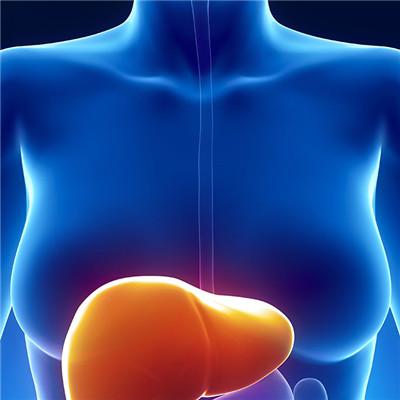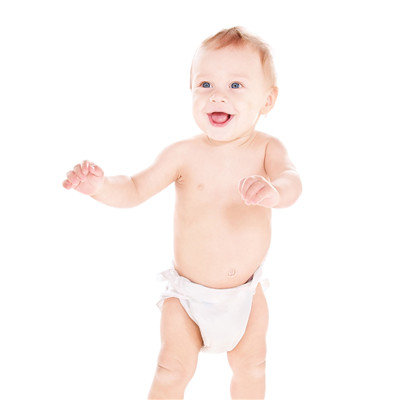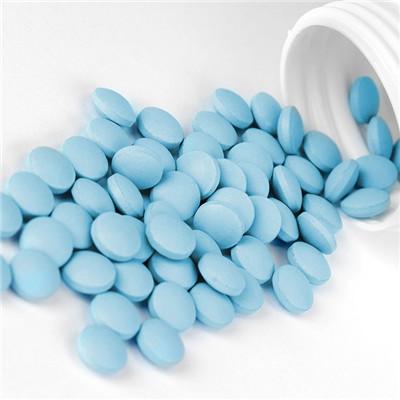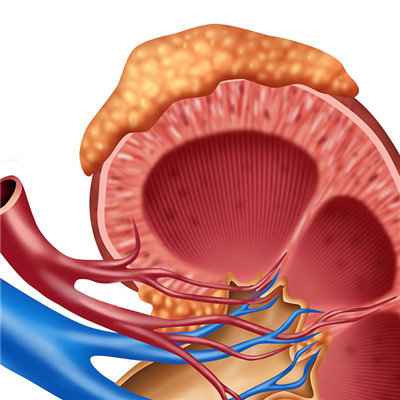What's the best for kidney transplant patients
summary
Long term illness has brought great mental pain and physical torture to patients. Surgery has once again brought trauma to patients. In addition to the economic burden, difficulties in life and narrow scope of activities, patients' personality has changed and their psychological burden has increased. At this time, patients need kind care and thoughtful diet care. Now let's learn about the best food for kidney transplant patients.
What's the best for kidney transplant patients
First, heat energy: in the initial stage, the heat energy supply was maintained at 6 276 kJ (1 500 kcal) per day; if the patient recovered well after renal transplantation, the heat energy could be gradually increased to 10 460 kJ (2 500 kcal) per day one week later.
Second: protein: in the early stage of renal transplantation, protein was supplied at the rate of 0.8 g / kg body weight per day. The blood urea nitrogen and creatinine levels of the patients were closely observed, and the protein supply was adjusted at any time according to the changes of these renal function indexes. The protein supply should increase gradually with the recovery of renal function until 1.5g-2.0g/kg body weight per day.
Third: carbohydrate: renal transplant patients need to overcome rejection reaction and use a large dose of glucocorticoid, which can reduce glucose tolerance, increase blood glucose, and even lead to secondary diabetes. Therefore, the supply of carbohydrate should be appropriately limited, and carbohydrate accounts for 50-60% of the total heat energy.
matters needing attention
I would also like to emphasize that the body of the transplant recipient can not afford the "tonic". For other patients, the "vitality food" may be a "monster" of transplant recipients. Because some "supplements" will increase the body's immunity, it is bound to interfere with the role of immunosuppressants, and even induce rejection. Auricularia auricula, Auricularia auricula, Lentinus edodes, jujube, honey, royal jelly and ginseng should be used with caution.











